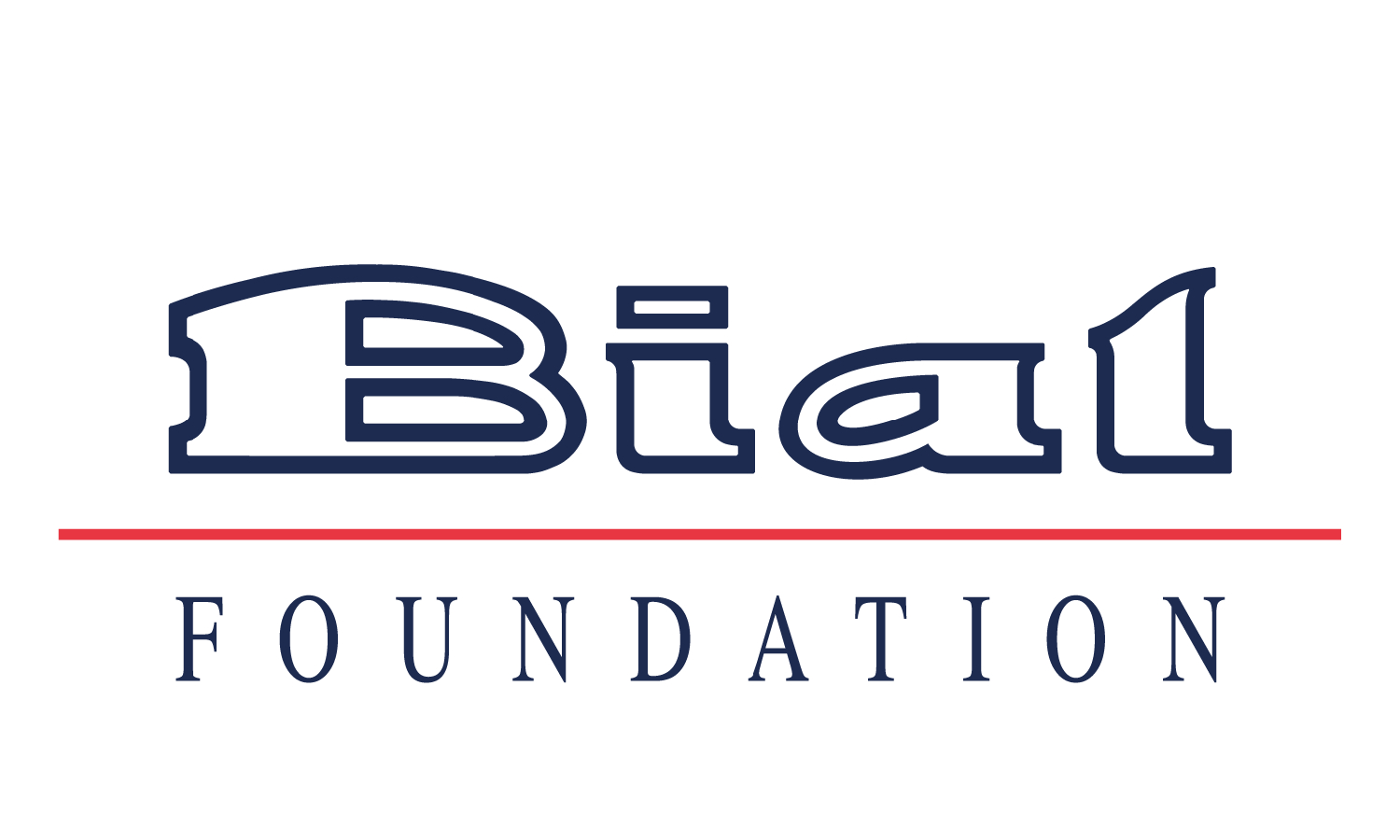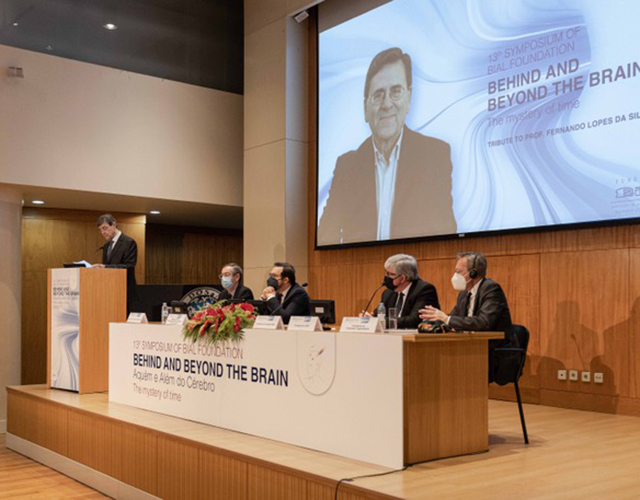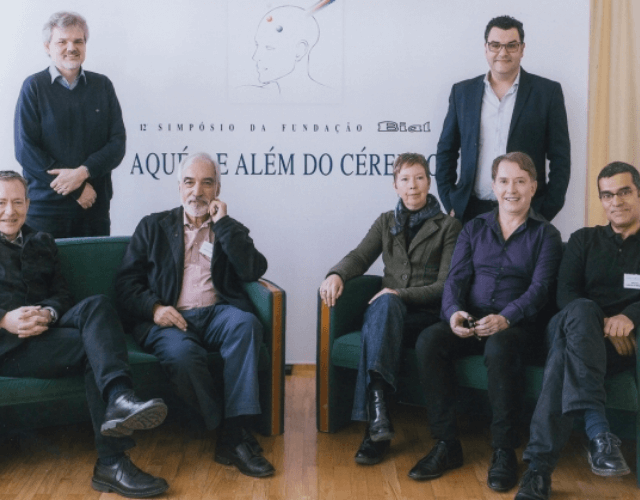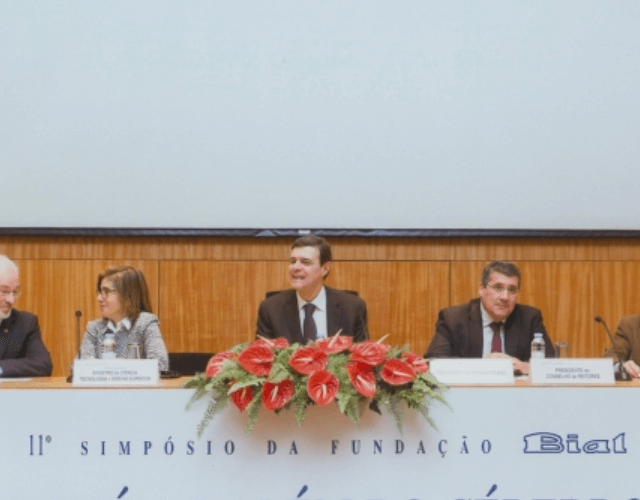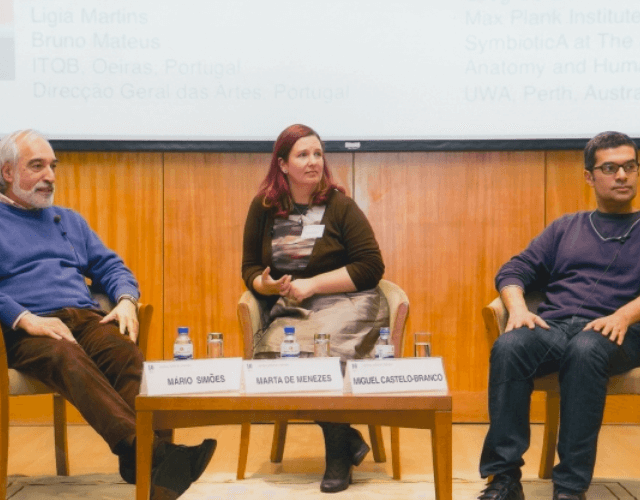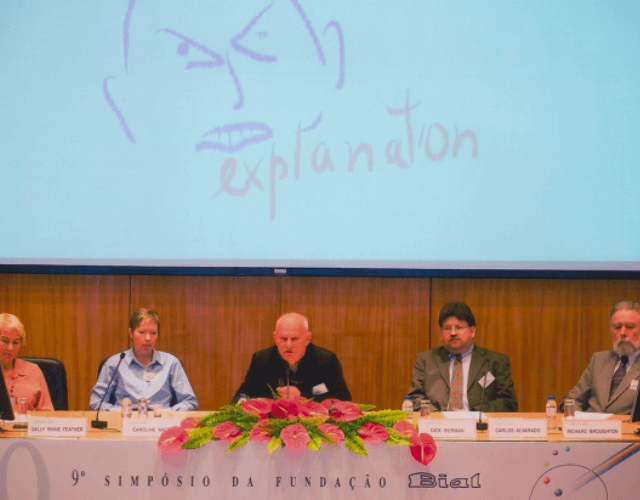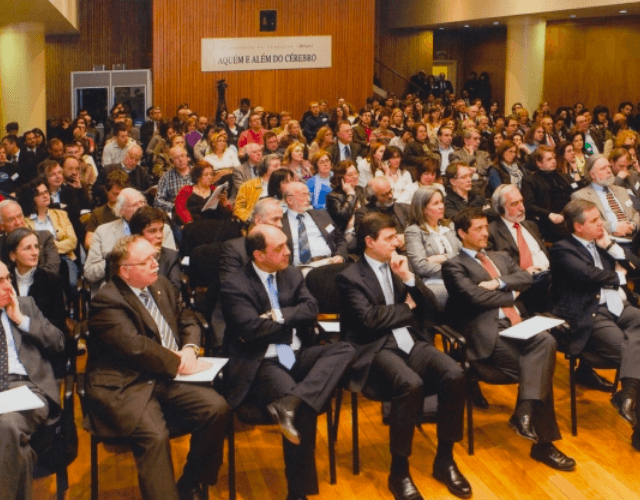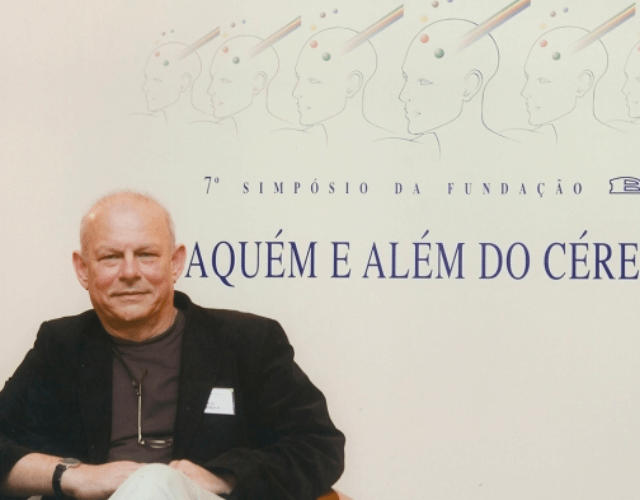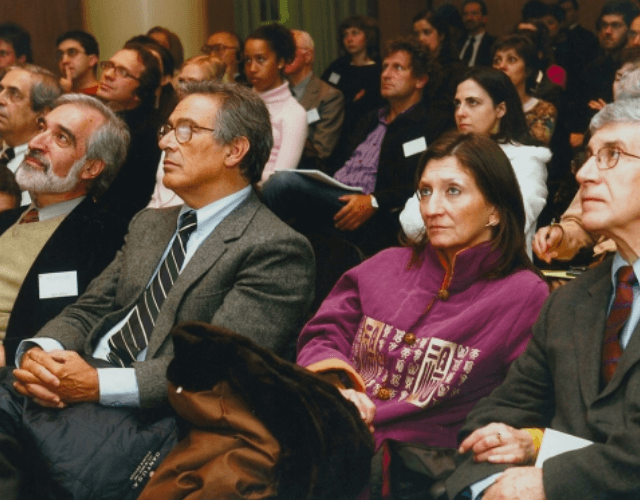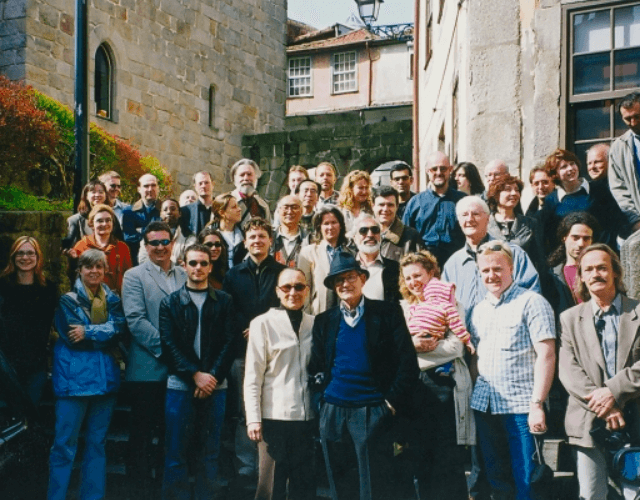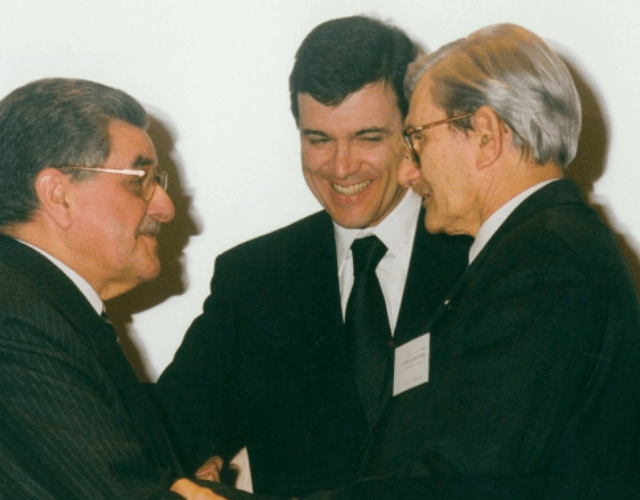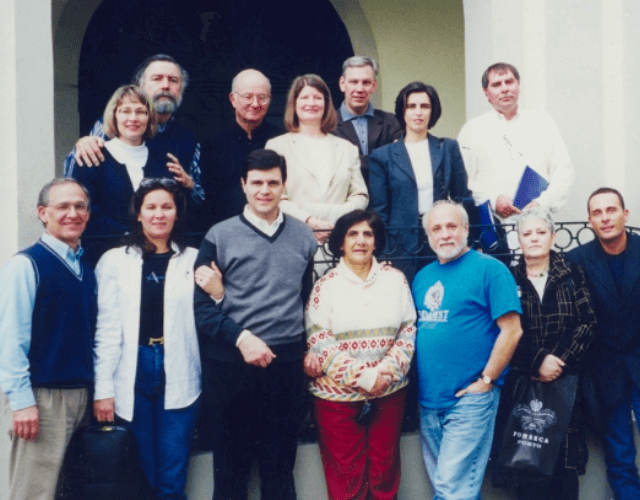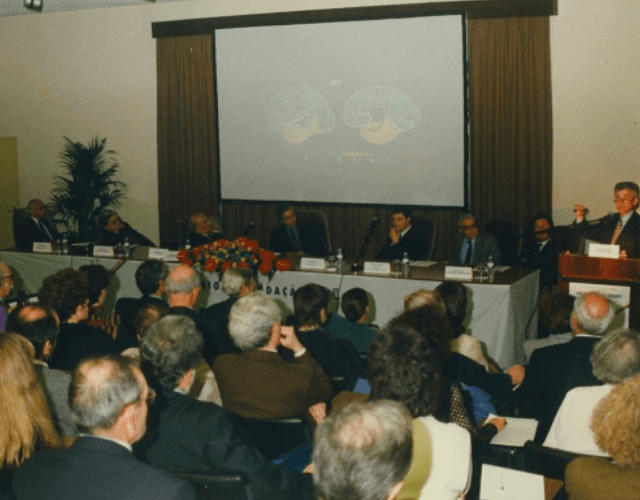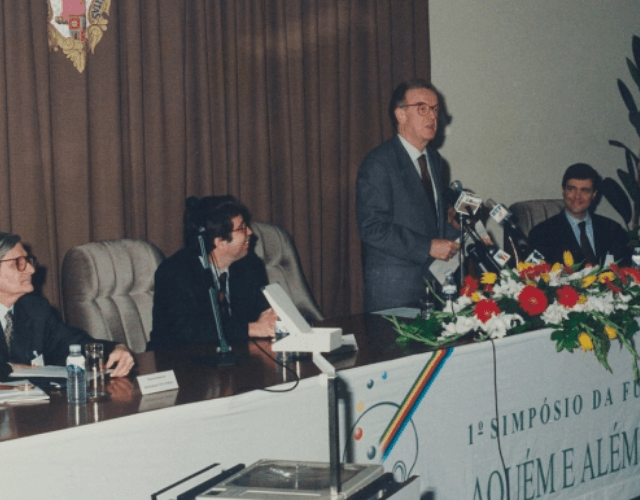
From April 8-11, 2026, the 15th Symposium will be held at Casa do Médico, Porto, under the central theme “End-of-life experiences”.
Registration opens in January 2026. The First Announcement will be available here before the end of the year. Stay tuned!
The Symposia
In order to provide all the supported researchers with the opportunity of discussing and present their projects, the BIAL Foundation has been organizing, since 1996, the Symposia entitled “Behind and Beyond the Brain”.
Since then these Symposia are held every two years gathering the researchers supported by the BIAL Foundation and the scientific community of neuroscience and parapsychology areas.
“Placebo effects, Healing and Meditation”, “Mind-matter Interactions”, “Sleep and Dreams”, “Intuition and Decision-making”, “Memory”, “Exceptional Experiences”, “Emotions”, “Enhancing the Mind”, “The Mystery of Time”, or the most recent “Creativity”, were some of the themes already debated in the Symposia “Behind and Beyond the Brain” by world-known speakers as: Miguel Castelo-Branco (Coimbra), Axel Cleeremans (Brussels), António Damásio (Los Angeles), Hoyt Edge (Florida), Peter Fenwick (London), Eberhard Fetz (Washington), Fernando Gil (Sorbonne), Allan Hobson (Harvard), Jerome Kagan (Harvard), Irving Kirsch (Boston), Stephen Kosslyn (San Francisco), Stephen Laberge (Stanford), Dietrich Lehmann (Zurich), Fernando Lopes da Silva (Amsterdam), Edwin May (Palo Alto), Robert Morris (Edinburgh), Dean Radin (Nevada), Alcino Silva (Los Angeles), Ian Stevenson (Virginia), and Robert Stickgold (Harvard).
As a result of the developed work the BIAL Foundation usually publishes the Proceedings of the Symposia. Check the published editions here.
Previous Editions

